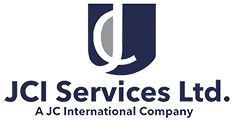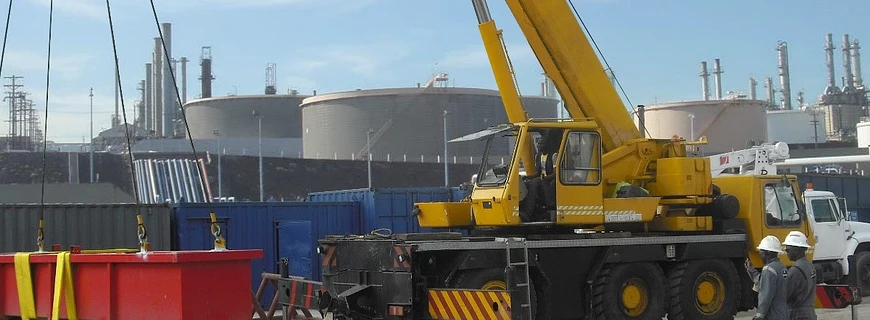Supervising crane lifting operations requires a deep understanding of regulations, technical skills, and practical knowledge to ensure safety and efficiency. At JC International, we specialize in equipping individuals with the knowledge, skills, and abilities required to supervise lifting operations responsibly, in line with global best practices and regulatory standards.
Understanding the Lifting Operations and Lifting Equipment Regulations (LOLER)
The Lifting Operations and Lifting Equipment Regulations (LOLER) 1998 emphasize the critical importance of planning, supervision, and safety in lifting operations. Regulation 8(1)(a) specifically mandates that:
- Every lifting operation involving lifting equipment must be:
- Properly planned by a competent person.
- Appropriately supervised to maintain safety and compliance.
- Carried out safely, minimizing risks to personnel and assets.
Who is a Competent Person?
A Competent Person possesses the theoretical knowledge and practical skills required to:
- Plan and review lifting operations.
- Assess risks, lifting equipment, and operational conditions.
- Conduct toolbox talks and authorize lift plans prepared by others.
This individual acts as the technical authority for lifting operations, ensuring compliance with safety standards and knowing when to seek additional technical support if needed.
The Importance of Crane Supervisor Training
Effective planning and supervision are crucial for safe and efficient lifting operations. Training provides the necessary qualifications to:
- Reduce risks of accidents and injuries.
- Enhance efficiency, avoiding project delays and minimizing non-productive time.
- Protect assets, preventing equipment and property damage.
Four Stages to Achieving Competency
- Stage 1: Initial Training and Assessment
- Conducted in an onshore training facility, this stage introduces foundational knowledge and skills.
- Stage 2: Supervised Training and Practical Application
- Trainees apply Stage 1 knowledge under the direct supervision of a Competent Person.
- Stage 3: Workplace Competency Assessment
- Ongoing evaluation of competency during real-world operations.
- Stage 4: Performance Development and Re-Training
- Continuous professional development through refresher courses and company-specific training programs.
Employers must ensure personnel progress through these stages to achieve and maintain competency.
The Role of a Crane Supervisor
A Crane Supervisor oversees lifting operations and ensures compliance with lift plans created by the Appointed or Competent Person. They act on behalf of the organization requiring the lift and ensure that the lifting team adheres to a safe system of work.
To perform their duties effectively, a Crane Supervisor must:
- Possess adequate training, experience, and technical expertise.
- Identify potential issues that could lead to unsafe conditions.
- Maintain overall control of the lifting operation.
JCI Services: Your Partner in Competency Development Accross East Africa
At JCI Services, our training programs are accredited by globally recognized bodies such as LEEA, OPITO, IADC, and ISO 9001. We adhere to industry-approved codes of practice to deliver world-class training and certification services.
As a trusted provider of oil and gas training, we are committed to empowering candidates with the expertise to excel in their roles. Our Crane Supervisor Training program is designed to ensure participants achieve competence, meet regulatory requirements, and unlock their full potential.
Choose JCI Services for your Crane Supervisor Training in Uganda and Kenya and take the next step toward safer, more efficient lifting operations.


I would like to do a training as a lifting supervisor or competent lifting manager.so I would like to know how much it costs and how long it takes during the study?